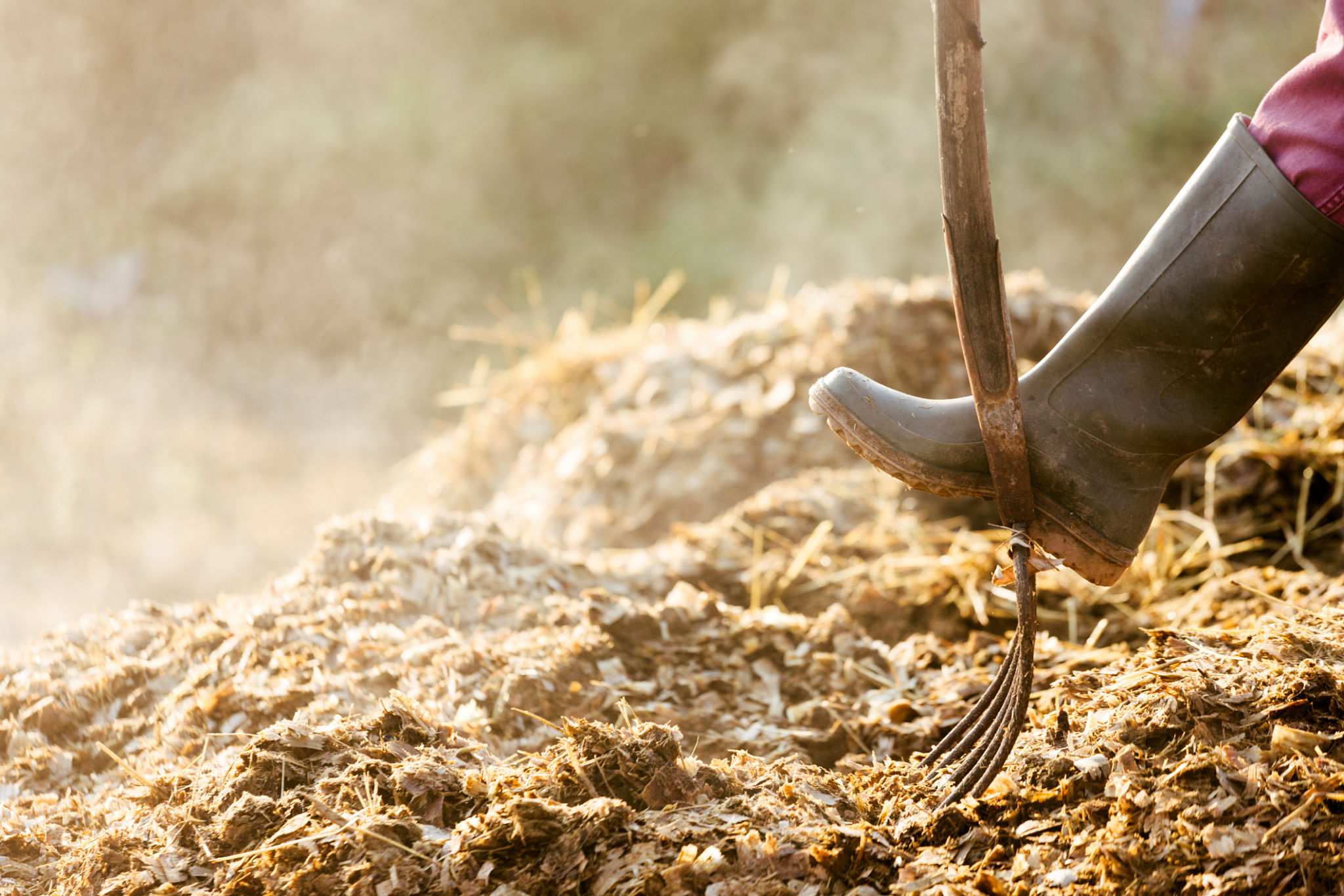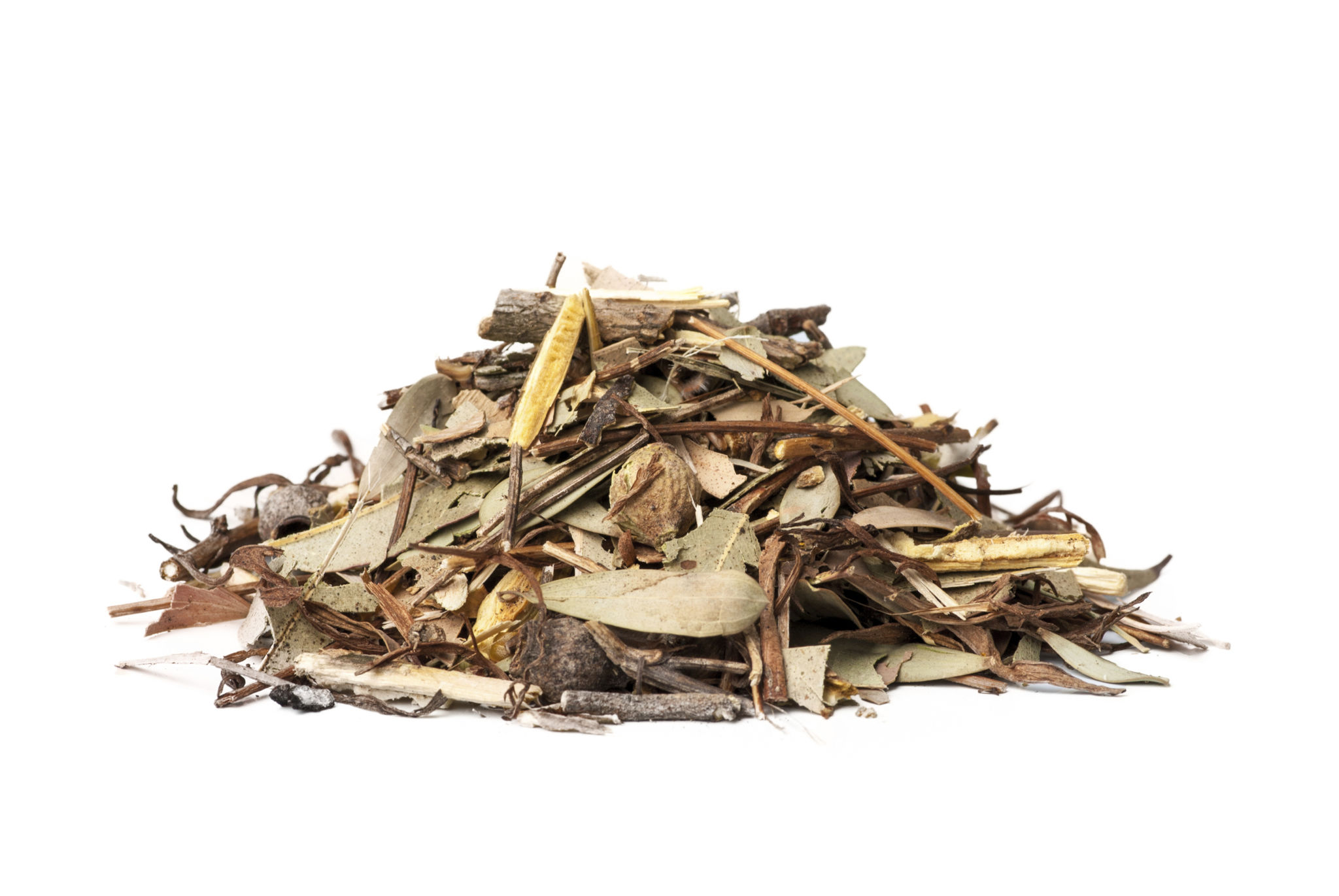How to Set Up an Eco-Friendly Manure Disposal System for Your Horse Farm
Understanding the Importance of Eco-Friendly Manure Disposal
Managing horse manure effectively is crucial not just for maintaining a clean farm but also for protecting the environment. An eco-friendly manure disposal system ensures that you recycle waste efficiently, reduce pollution, and even enhance soil quality. By adopting sustainable practices, you can significantly decrease your farm's ecological footprint.
Traditional disposal methods often lead to the release of harmful greenhouse gases and potential water contamination. Instead, implementing a green alternative can transform waste into valuable resources. Let's explore how you can set up an effective eco-friendly manure disposal system on your horse farm.

Assessing Your Farm's Manure Output
Before setting up a disposal system, it is essential to assess the amount of manure your farm generates. This depends on the number of horses, their diet, and the bedding material used. Understanding the volume of waste will help determine the size and type of system required.
Conducting a thorough audit of your farm's manure production will also highlight any existing problems with waste management. This information is crucial for selecting the most suitable eco-friendly methods and technologies for your farm.
Choosing the Right Composting Method
Composting is a popular and environmentally friendly way to manage horse manure. It transforms waste into nutrient-rich compost that can enhance soil fertility. There are various composting methods to choose from, including:
- Static Pile Composting: Simple and cost-effective, this method involves creating a stationary pile and allowing natural decomposition.
- Turned Windrow Composting: Involves regularly turning long rows of compost for aeration, speeding up the process.
- In-vessel Composting: An enclosed system that provides better control over conditions and faster results.

Implementing a Manure Management Plan
A comprehensive manure management plan ensures that you handle waste consistently and sustainably. Start by designating a specific area for composting away from water sources to prevent contamination. Make sure this area is accessible for both depositing fresh manure and removing finished compost.
Regularly monitor the composting process to ensure optimal conditions such as temperature and moisture levels. Proper management will not only minimize odors but also maximize the quality of the resulting compost.
Utilizing Compost on Your Farm
Once your compost is ready, it can be used to enrich pastures and gardens, promoting healthy plant growth without chemical fertilizers. Applying compost to fields improves soil structure, retains moisture, and provides essential nutrients to crops. This practice enhances your farm's sustainability by closing the nutrient loop.

Additionally, consider sharing or selling excess compost to local gardeners or farmers. This not only creates an additional revenue stream but also supports community efforts to maintain eco-friendly practices.
Exploring Additional Sustainable Practices
Beyond composting, there are other ways to enhance your farm's eco-friendliness. Consider implementing rotational grazing to reduce manure concentration in any single area. This practice also benefits pasture health and reduces soil erosion.
Moreover, using biodegradable bedding can further reduce waste as it breaks down more easily during composting. Explore options like straw or wood shavings that complement your sustainable manure management system.
Conclusion
Setting up an eco-friendly manure disposal system on your horse farm is a significant step towards sustainability and environmental stewardship. By choosing the right methods and maintaining a well-managed system, you can turn waste into a valuable resource while reducing your ecological impact.
Adopting these practices not only benefits the environment but also enhances the overall health and productivity of your farm. Embrace these changes today and contribute to a greener future for our planet.
